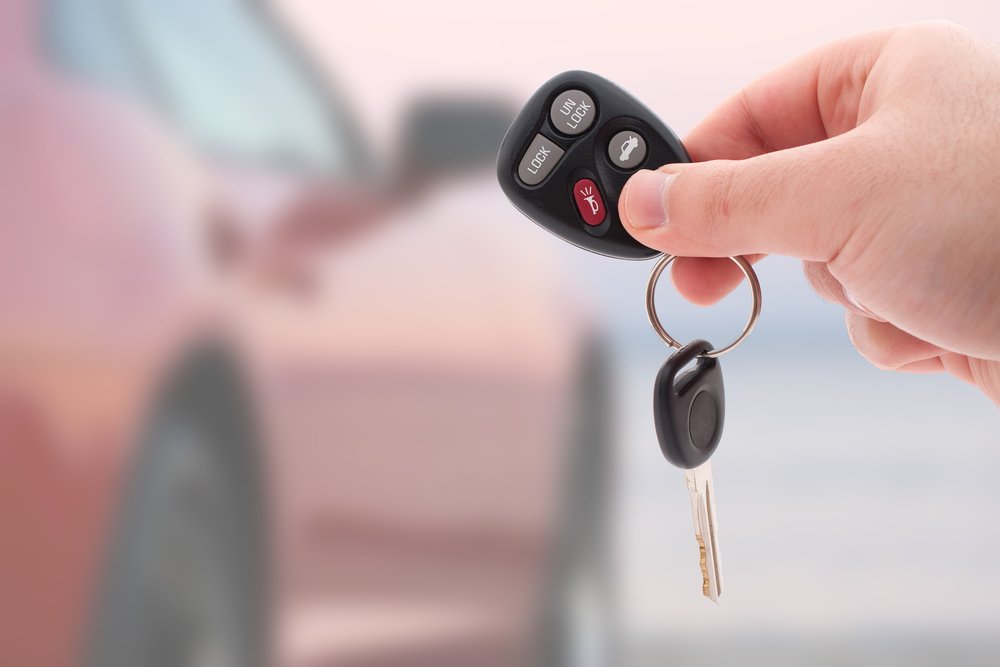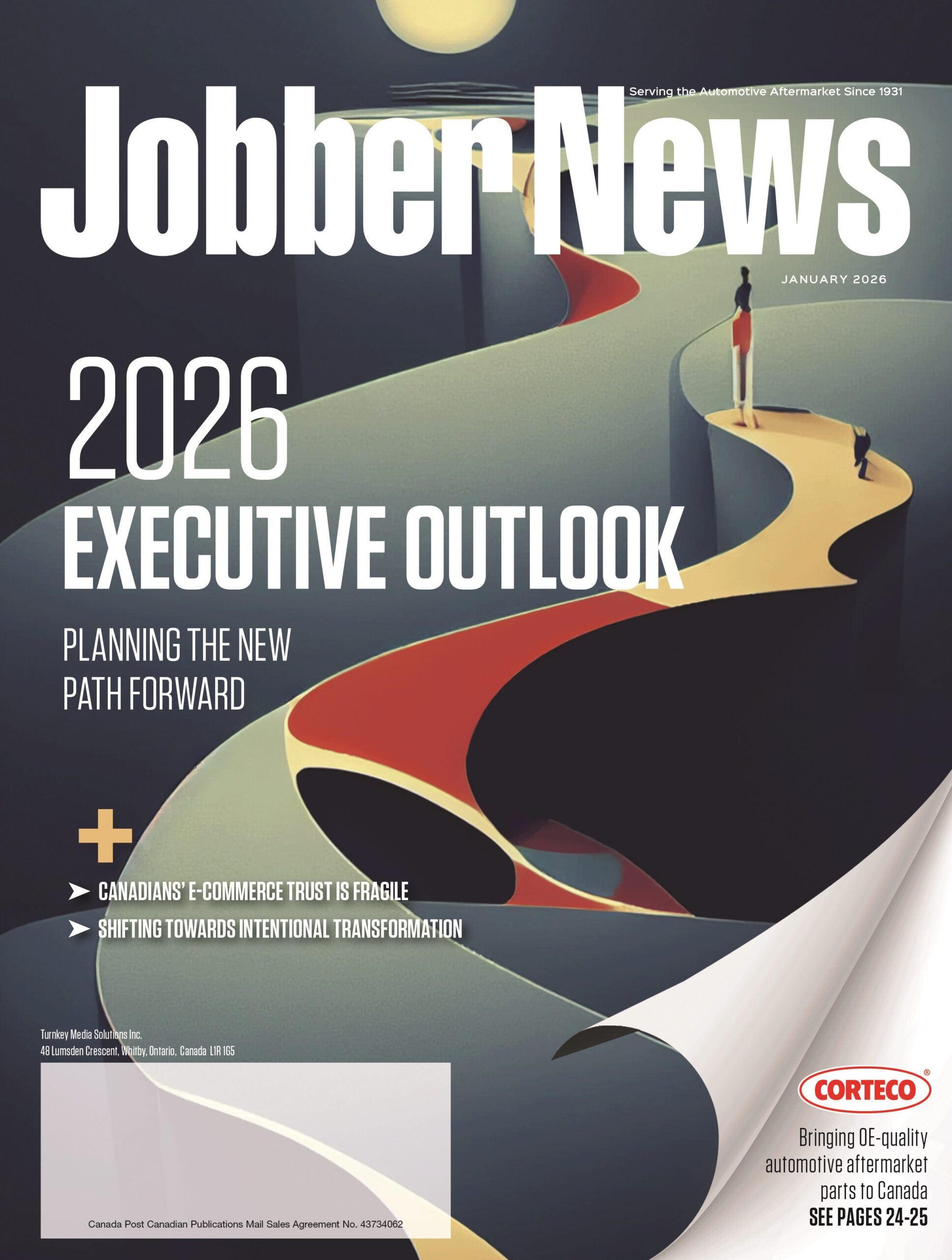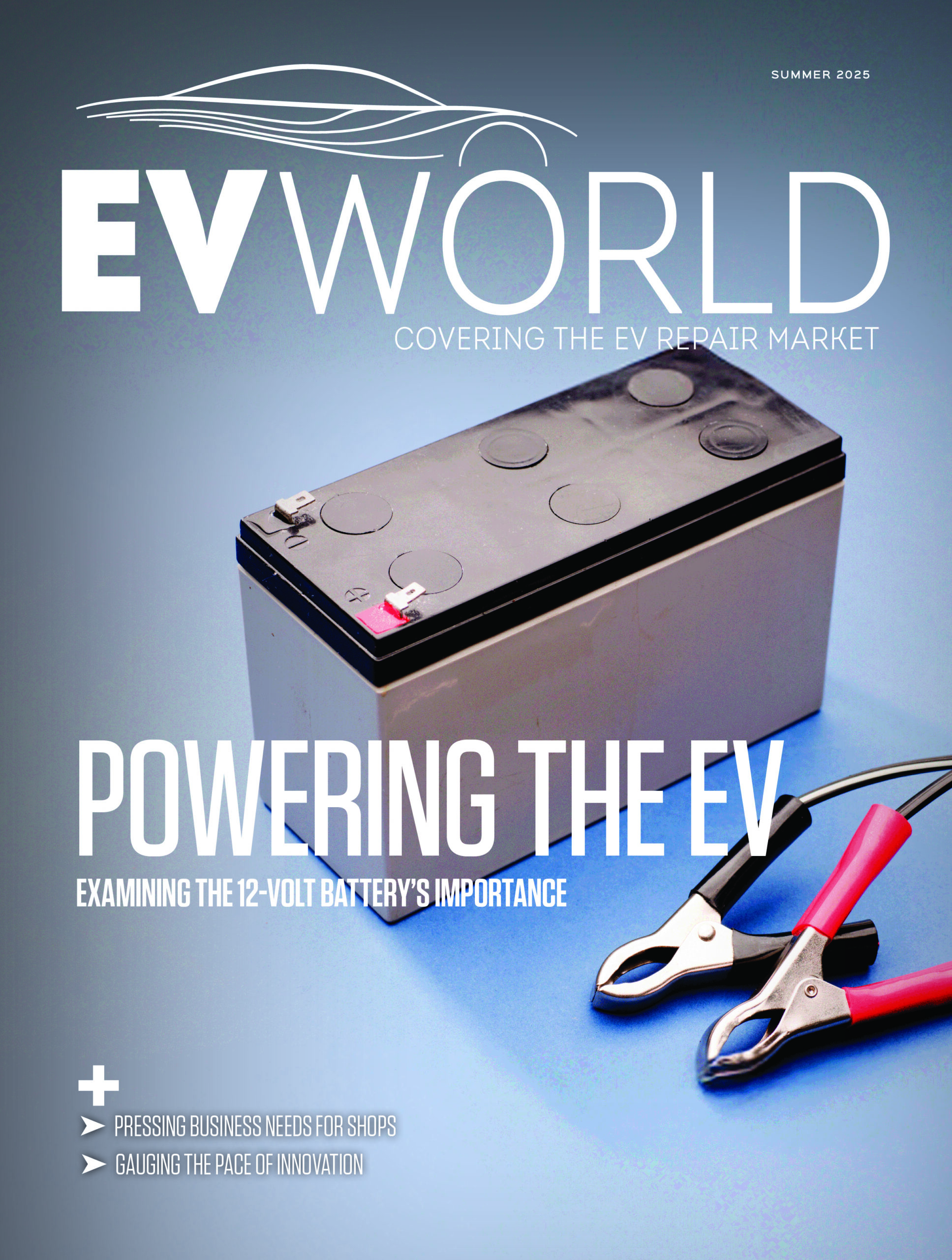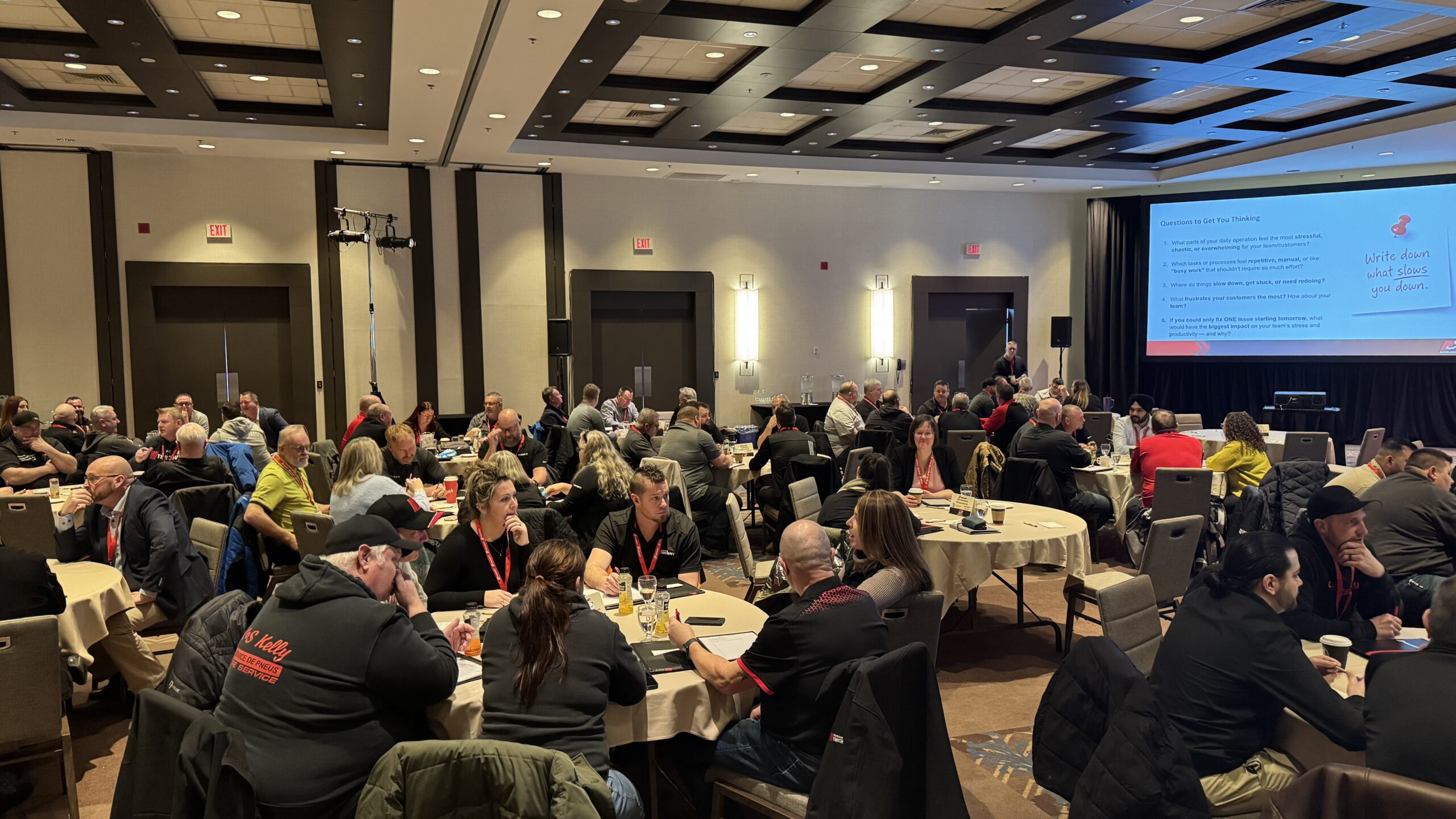
A recent court decision highlighted the importance of securing the keys to any vehicle in your shop and notifying police right away if a vehicle is stolen from your lot.
An auto repair shop owner was held vicariously liable in a collision involving a friend who took the keys to a rental vehicle he was using.
The shop owner claimed the vehicle was stolen. But the Ontario Superior Court saw things differently — led by the fact that Mohammed Ganjikhany (the court refers to him by his initials, ‘MG’) never called police to report the vehicle stolen, nor made an effort to secure the keys from someone he knew to have a history of stealing cars.
The incident happened in July 2017, according to Canadian Underwriter. Ganjikhany testified that he had brought a rented Chevrolet Cruz to his shop, parked it in the adjacent parking lot and placed the keys on a board where employee and customer keys were kept.
Azita Moocheh (‘AM,’ in court documents) and Vahid Pashahzahiri visited the shop between 8:30 and 9 p.m. Ganjikhany had known Moocheh for about two years, had previously employed him and knew about his history of vehicle theft. Ganjikhany did not know Pashahzahiri.
The two visitors wanted to go buy cigarettes and asked to borrow Ganjikhany’s rental. He said no. The pair left. At about 11:30, Ganjikhany was leaving for the night when he noticed the keys and vehicle missing.
He made several attempts to reach the friend via cell phone. When he finally got a hold of Moocheh, he was told the two had taken the vehicle to a casino. He spent the night in the shop.
The next afternoon, Ganjikhany learned the vehicle was involved in a collision.
He argued he should not be held liable as he refused Moocheh’s request to borrow the vehicle. That was rejected by the court based on Ganjikhany’s actions, observing that it was not normal behaviour of someone who believed their vehicle was stolen.
For example, no attempt was made to contact the police.
“When asked why he did not call the police, MG replied that the vehicle had not been stolen; he had spoken to his friend and understood that the vehicle would soon be returned. This is consistent with his evidence that he did not consider there to have been a robbery,” Justice John McCarthy wrote.
Instead, Justice McCarthy found the behaviour to line up better with the fact that Ganjikhany knew and accepted that the vehicle was in the friend’s possession.
“Had MG greeted the request from AM and VP for the use of his vehicle with a flat no, then his subsequent discovery that the pair had taken the vehicle against his wishes, not just to purchase cigarettes, but for a jaunt to the casino, would have prompted and even compelled MG to contact the police. The circumstances in which the vehicle was taken would have allowed for no other reasonable course of action.”
There was also the fact that Ganjikhany knew of his friend’s criminal past and made no attempt to secure the keys to the vehicle.
‘[A] hard look supports a finding that there was either express or implied consent for AM and VP to make use of the vehicle,” McCarthy wrote, later adding that “the keys to the vehicle were kept in a conspicuous enough location [on a hook on a board by a door to the entrance to the office] — their location would have been well known to somebody with familiarity with the shop.”













Leave a Reply